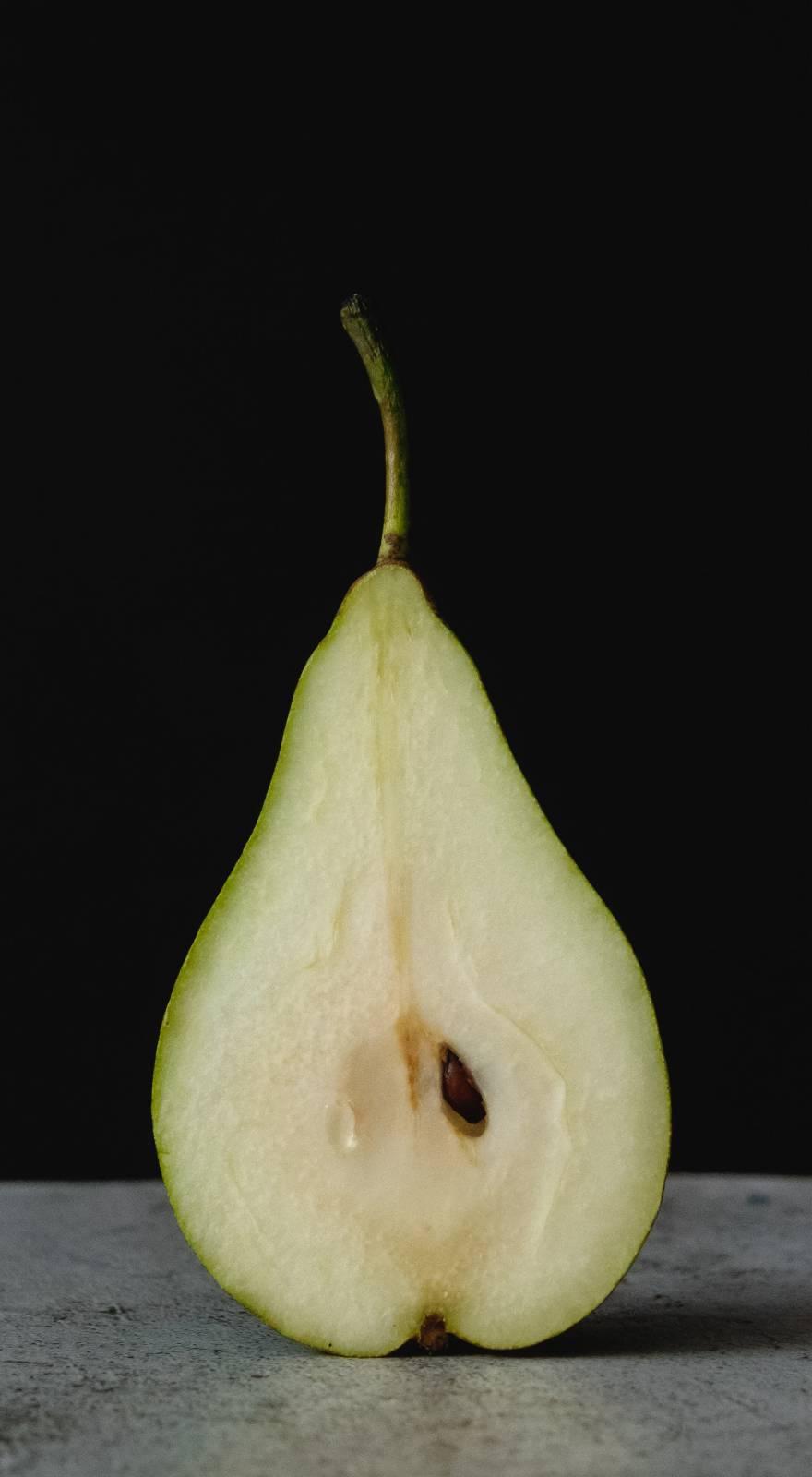Knowde Enhanced TDS
Identification & Functionality
- Ingredient Name
- Country of Origin
- Brazil
- Ingredients
- Mango
- Technologies
Features & Benefits
- Product Highlights
The mango tree is evergreen and can grow up to 45 m high. Its pink flowers smell like lilies. After flowering, the mango needs 3 to 6 months to ripen. The ripe fruits weigh up to 2 kg, hang down on long stalks and look like Christmas balls. They are all shades of green, yellow and red. The mango fruit has a thin, smooth skin, underneath – depending on the degree of ripeness – soft to fibrous flesh and a large, flat stone core. Their taste is extremely aromatic and sweet. The mango originally comes from India, where it is considered the "food of the gods" and was mentioned as early as 4000 years ago. Today it is cultivated and used in many parts of the world. Enjoy fresh mango fruits in powder form / as fruit powder extract!
- Mango is easily digestible and low in acid
- Rich in valuable vitamins
- Has a digestive effect
- Has a positive effect on the brain
- The advantages of our mango powder over the mango fruit
Fresh mango:
- Fresh mangoes are very valuable. When ripe, however, they are rarely found in Europe.
- Mango fruits ripen from the inside, if they are harvested too early, valuable ingredients are lost.
- Unfortunately, the skins of conventional mango fruits are often contaminated and can trigger allergic reactions.
Fresh mango powder 100% pure:
- Processed from sun-ripened fruits.
- All valuable ingredients are preserved through extremely gentle production.
- Vitamin A (current laboratory values are available)
- Unfolds the full aroma of a ripe mango.
- Excellent for adding to chocolate, muesli, pastries, yogurt, ice cream.
- Ideal for on the go thanks to easy handling (no annoying peeling).
- How is our mango powder extract made?
Mango harvest
- The ripe mango fruits are harvested from December to February and then immediately transported to the processing plant in Sao Paulo. There they are first washed in large containers with cold water.
Mango powder production
- They then go into quarantine, which they are only allowed to leave after a successful laboratory test. Finally, the selected fruits are processed into a viscous mass in a special basin.
- Finally, the powder extract is produced in state-of-the-art dry spray systems using the carrier bio maltodextrin (obtained from cassava). The end product trickles straight from the spray towers into 25 kg bags.
- Finally, the end product is subjected to a final laboratory test and a retained sample is stored before the organic mango powder is stacked on pallets for transport.
- All of our suppliers are exclusively small, dedicated family businesses whose motivation is to preserve their livelihood, the rainforest, not exploit it. The fruits, whether acerola, guarana, mango or acai, are part of their lives, they grew up with them and appreciate them in a very special way.
Applications & Uses
- Applications
- Food & Nutrition Applications
- Areas of application Mango bulk goods
Mango powder for the food industry / nutrition industry / food industry / luxury food industry: Mango is suitable for adding to bread, sausages, confectionery, ice cream, chocolate, baby food, tablets and diet products. Also ideal in cosmetics to revitalize creams.
- Cereal
- Confectionery, chocolate
- Cured meats
- Tablets, capsules
- Bakery products
- Beverages, as a smoothie additive
- Cosmetics
Properties
- Nutritional Information (per 100 gm)
| Value | Units | Test Method / Conditions | |
| Calorific Value | 346.5 | kcal/100g | — |
| Fiber Content | 54.0 | g/100g | — |
| Protein Content | 54.0 | g/100g | — |
| Salt | max. 0.1 | g/100g | — |
| Vitamin A (ß-carotene, 45% NRV) | 363.0 | mcg/100g | — |
Regulatory & Compliance
- Certifications & Compliance
Technical Details & Test Data
- Nutritional Values (per 100g)
Fat:
of which saturated fatty acids:6.7g
1.9gCarbohydrates:
of which sugars:79.8g
79.8g
Packaging & Availability
- Packaging Type
- Packaging
20 kg



